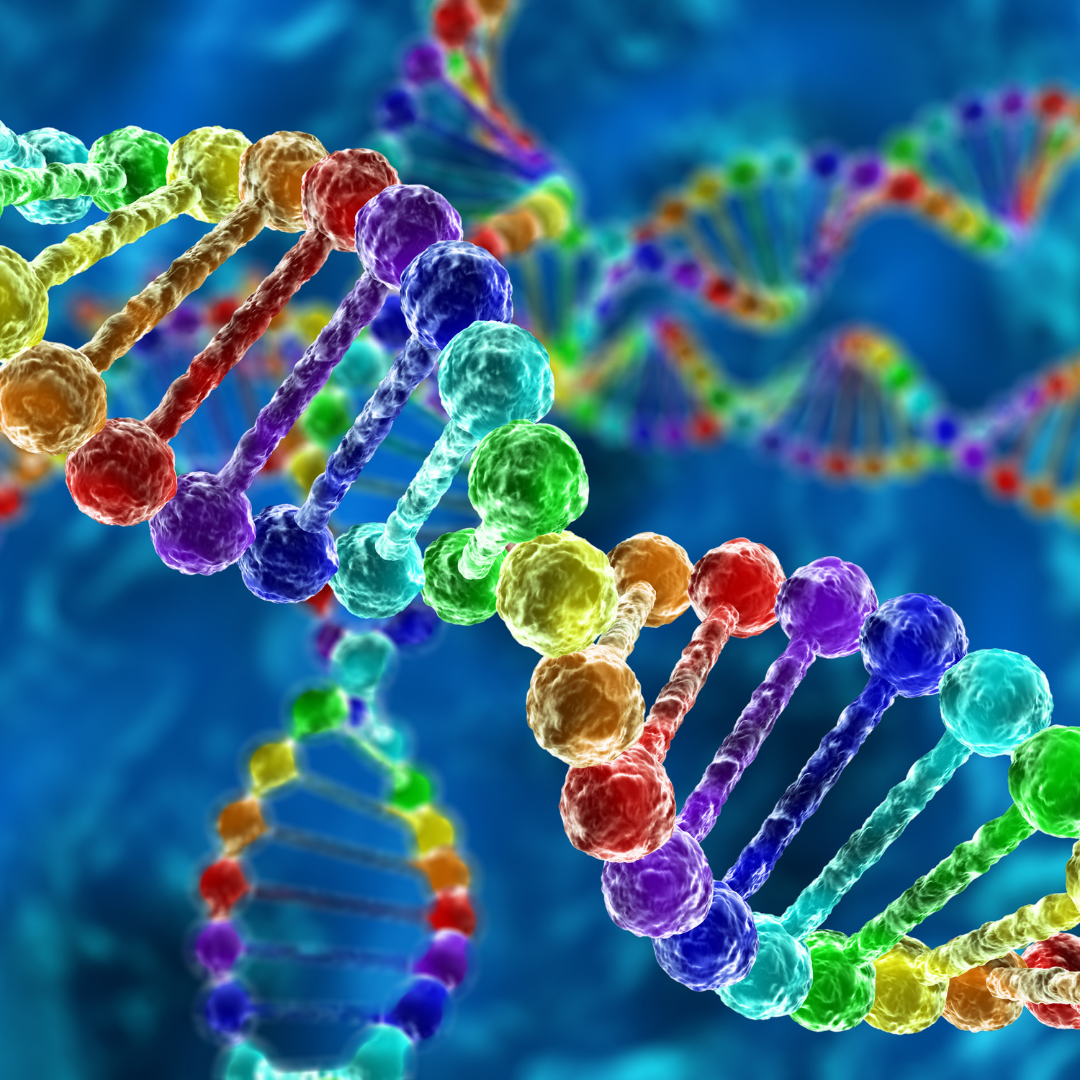How to Overcome Your Limiting Beliefs Around Food

When we are children, we are constantly hearing our parents saying that we're not eating enough, and in some cases, it's that we're eating too much.
What starts to happen is that when you're a child between the age of zero and six or seven, you don't have any perspective. Psychologically, you are not able to put things into question, especially if it comes from an adult that is important in your life.
So, when your parents tell you...
- You aren't eating enough
- Eat for me
- Do it because I spent so much time doing this for you
- Normally you like that, why aren't you eating it?
...then you think you're not a good person for not eating it or for not finishing your plate, or maybe even for not thinking about the little children in Africa that are hungry.
What happens overtime, is that physically you start not trusting your body and your natural sense of satiety, which is extremely important because we all have that naturally within ourselves. We all know when we're full, we all kn...
Exercise! Your Jeans and Your Genes Will Thank you!

Exercise and strength are related to living well, and reducing chronic diseases, but it can also help with falling, recovering from injury, and how our body ages.
Live Longer
We know that exercise can help us live longer. How?
It can keep your bones, muscles, and joints healthy and can make you less likely to have things like diabetes, cancer, heart disease, and osteoporosis. Exercise can also lower your blood pressure, manage chronic conditions like arthritis or diabetes. It also helps with stamina, joint swelling, pain, and muscle strength, and it helps with your balance, which means the risk of falling diminishes. We also know what exercise, specifically resistance training, can help with age-related decline in muscle mass.
All of these things will help you live a longer, healthier life, but did you know it can change how you age and stay disease-free on a genetic level?

Cellular Change
Have you ever heard the saying, "you're only as old as you feel"? Or have you met som...


